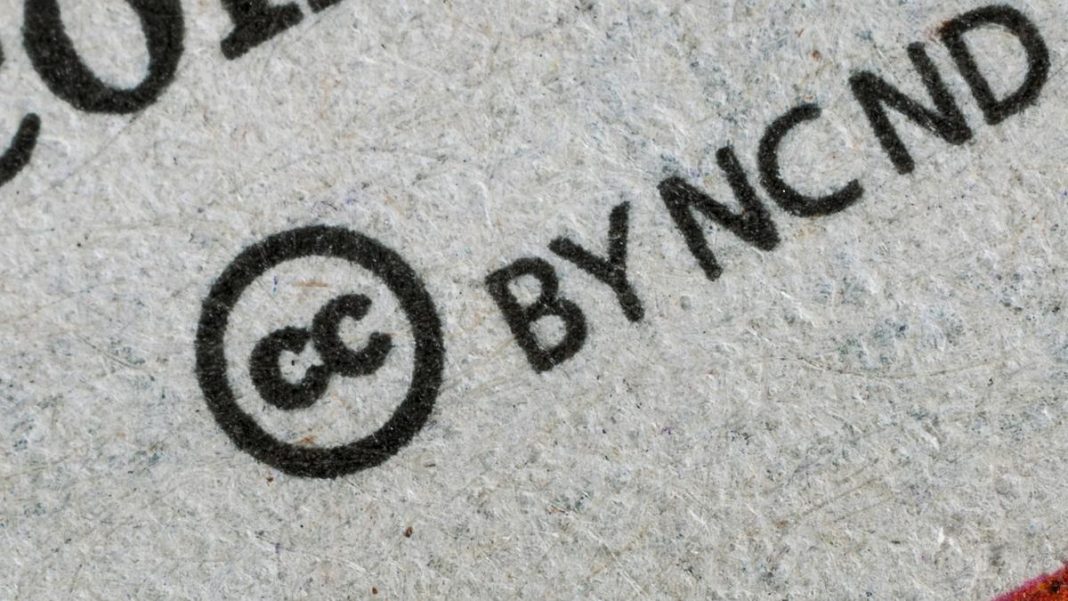Publicly funded research faces a critical ownership crisis as commercial publishers profit from scientific knowledge while restricting access. The system forces taxpayers to pay twice – first for research funding, then again to read the results.
Key Takeaways
- Commercial publishers control access to publicly funded research through expensive subscriptions and APCs
- India’s ONOS initiative provides journal access but raises questions about foreign dependency
- Copyright transfer practices limit author rights and enable AI data licensing without consent
- Creative Commons licenses and rights retention offer pathways to reclaim scholarly ownership
In India and globally, public money primarily funds scientific research through government investments in labs, equipment, and researcher salaries. However, the resulting research typically gets published in journals controlled by a few commercial publishers who charge high subscription fees. This creates a double payment system where the public funds research creation and then pays again to access it.
The 2002 Budapest Open Access Declaration challenged this model, promising to democratize knowledge access. Yet over two decades later, equity remains elusive as publishers have shifted to expensive Article Processing Charges (APCs) ranging from $2,000 to $10,000 per paper, pricing out many institutions globally.
India’s One Nation One Subscription Initiative
India’s ONOS program, starting from 2025, provides researchers in publicly funded institutions access to journals from 30 major international publishers. While commendable for expanding access beyond elite institutions, the substantial cost raises fundamental questions about paying foreign publishers for knowledge produced by Indian researchers using public funds.
The initiative prompts reflection on whether knowledge should be freely accessible to all citizens, especially in an era needing scientific temper to combat misinformation. It also challenges the spirit of Atmanirbhar Bharat (self-reliant India) in scholarly publishing.
Copyright Transfer Practices
Copyright transfer in academic publishing involves authors formally transferring ownership to publishers. This practice solidified after copyright laws like the US Copyright Act 1976, which granted authors exclusive rights to their work.
Historically essential for subscription-based models, copyright transfer has become standard practice, forcing authors to relinquish rights for publication. While open-access journals typically allow authors to retain copyright with Creative Commons licenses, most authors still sign transfers due to publication pressure.
Initiatives like Plan S advocate for authors retaining copyright to promote wider accessibility. Authors should carefully review transfer agreements to understand retained rights.
Creative Commons Licensing Options
Authors can use various Creative Commons licenses to define reuse terms:
- CC-BY (Attribution): Allows sharing, adaptation, and commercial use with attribution
- CC-BY-NC (Attribution-NonCommercial): Permits reuse but prohibits commercial purposes
- CC-BY-NC-ND (Attribution-NonCommercial-NoDerivatives): Most restrictive, forbids commercial use and adaptations
Publishers often promote restrictive CC-BY-NC-ND licenses that limit translation, remixing, and text mining – activities crucial for educational and technological innovation.
The AI Data Licensing Challenge
Major publishers including Elsevier, Wiley, Springer, and Taylor & Francis now sell scholarly content to Big Tech companies for AI training, often without authors’ explicit consent. Taylor & Francis’s Microsoft deal alone is worth $10 million, with the global AI datasets licensing market valued at $486 million in 2025.
This represents double monetization of researchers’ intellectual property – through subscriptions and AI partnerships – while authors receive no compensation and lose control over their work.
Action Steps for Authors
Researchers can take three key actions to reclaim control:
- Self-archive preprint versions in institutional repositories
- Request contract additions to retain rights using templates like SPARC Author Addendum
- Advocate for institutional rights-retention policies
For future submissions, authors should prefer CC-BY licenses or institutional open access routes to ensure public accessibility and prevent unauthorized commercial exploitation.
As Open Access Week 2025 asks “Who owns our knowledge?” – the answer must shift from corporations to authors themselves, ensuring equitable scholarship that serves society rather than commercial interests.




